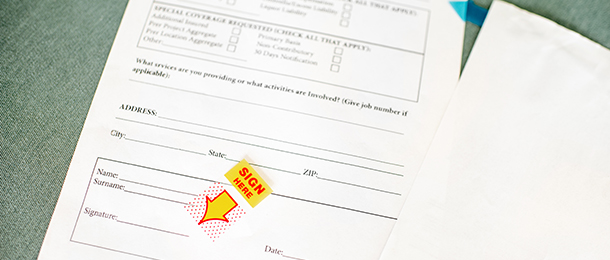Updated SMSF deeds should not include procedural or formatting requirements for the issuance of a binding death benefit nomination (BDBN), but care should be taken to ensure elements that are still required are included in the new documentation, two SMSF document experts have warned.
NowInfinity consultant Michael Spakman said the imposition of specific requirements on a BDBN, such as it must be set out according to a schedule, could lead to it being struck down in the event of a dispute.
“If you’ve got this particular provision in your deed and then use a template BDBN that’s not the same as the note in the schedule and it goes to litigation, there’s a possibility that since you haven’t complied with the strict formatting requirements you could be in trouble,” Spakman said at Class Ignite 2024 in Sydney today.
“Similarly, you don’t want really strict procedures in relation to BDBNs and we’ve seen outcomes where a deed says the member has to provide the BDBN to the trustees of the funds. With that particular provision, you have to make sure the trustees have received the BDBN made by the member.
If that gets litigated and there’s no confirmation, once again there will be issues.”
He added any variation to a deed should, however, retain any binding condition exercised via a BDBN, SMSF will or death benefit agreement as these may not be automatically carried over.
“This provision will ensure that if a member has an existing binding instrument in place, it will continue to be valid to the extent it was before any new rules were adopted, even if those rules don’t provide for that particular type of instrument,” he said.
NowInfinity senior legal compliance consultant Kevin McFadden said the same carry-over provision should apply to retirement income streams, particularly legacy pensions.
“Over time, there has been a number of income streams your clients could make use of and while an account-based pension is the only income stream that can be established at present, your clients may still have some of these other types of pension being paid to them,” McFadden said.
“If this is the case, it’s a very important consideration when you’re updating your SMSF deeds to ensure that any deed of variation retains any existing pensions in place and to continue to permit them to be paid on the current terms and conditions.
“This is particularly important when the new deed does not contain provisions related to the payments of these older types of pensions which may occur as they’re no longer being able to be commenced.
“Ensuring these older types of pensions are retained will help mitigate any risk or litigation related to reversionary pensions and payments upon the death of the member.”




